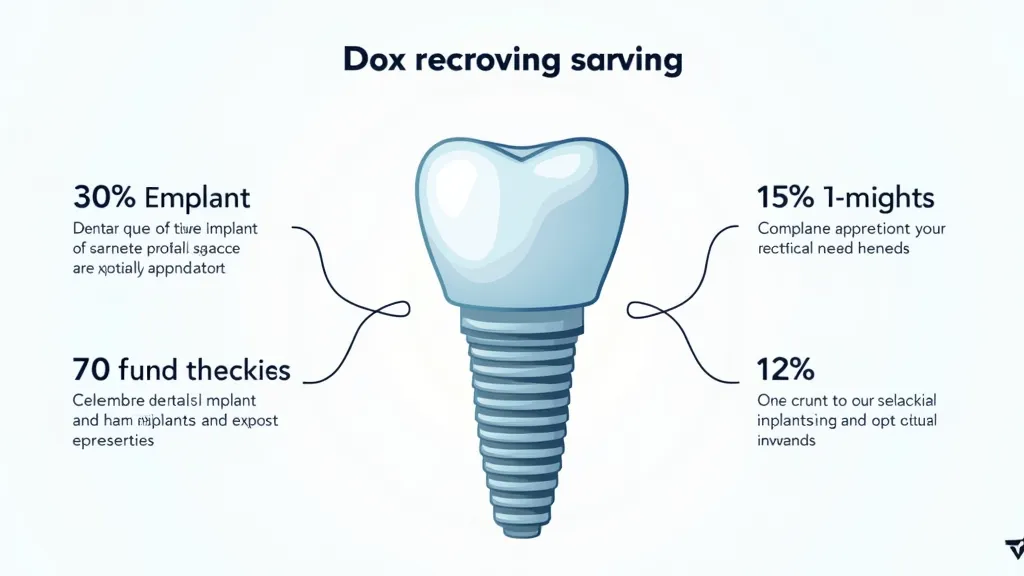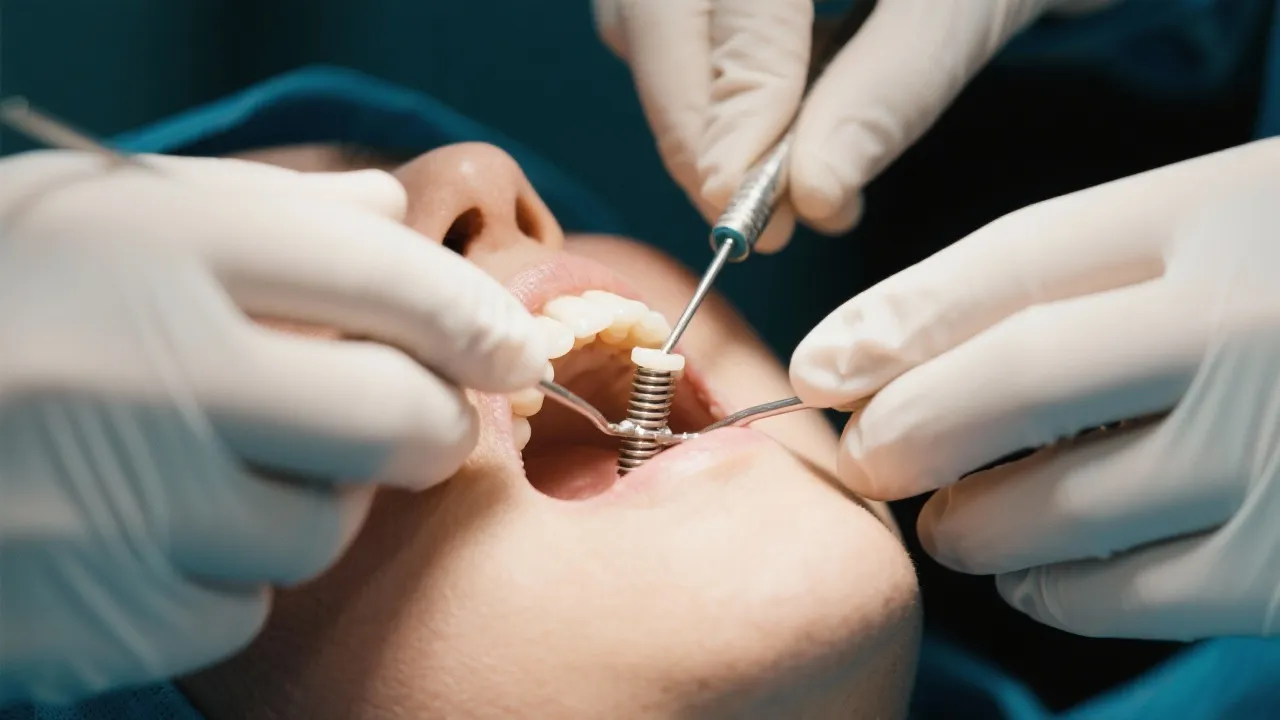Funding for Dental Implants in 2025
Explore funding options, prices, and costs for dental implants in 2025, including insights for seniors and full mouth procedures.

Understanding Dental Implant Funding in 2025
As the demand for dental implants continues to rise, understanding the funding options available in 2025 is crucial for individuals seeking to improve their oral health. Dental implants are not just a cosmetic solution; they play a significant role in restoring function, enhancing quality of life, and preventing further dental issues. This article will explore the various funding opportunities, the costs associated with dental implants, and specific considerations for seniors.
Dental Implant Prices: What to Expect
In 2025, dental implant prices can vary significantly based on several factors including location, the complexity of the procedure, and the type of materials used. Generally, the cost for a single dental implant can range from $3,000 to $4,500, while full mouth dental implants can reach upwards of $30,000. It's essential to consult with dental professionals near you to get a tailored estimate based on your individual needs.
Full Mouth Dental Implant Cost: A Comprehensive Breakdown
Full mouth dental implants are a popular solution for those who have lost very or all of their teeth. The cost of full mouth dental implants typically includes a variety of procedures such as extractions, bone grafting, and the actual placement of the implants and prosthetics. On average, patients can expect to pay between $20,000 and $40,000 for this comprehensive treatment. While this may seem steep, many find the investment worthwhile due to the longevity and functionality of the implants.
Funding Options for Dental Implants in 2025
With the high costs associated with dental implants, exploring funding options is essential. Here are some viable avenues:
- Dental Insurance: While very dental insurance plans do not cover dental implants, some may offer partial coverage for certain procedures related to implants. Check with your insurance provider to understand your benefits.
- Health Savings Accounts (HSAs) and Flexible Spending Accounts (FSAs): These accounts allow you to set aside pre-tax dollars for medical expenses, including dental implants.
- Payment Plans: Many dental offices offer financing options that allow patients to pay for their dental implants over time, making the costs more manageable.
- Public sector Programs: Some public sector assistance programs may help seniors or low-income individuals afford dental care, including dental implants.
- Personal Loans: Depending on your financial situation, personal loans from banks or credit unions can be an option to cover dental implant costs.
Fix My Teeth Near Me: Finding Local Solutions
For those looking to "fix my teeth near me," it's essential to research local dental clinics that specialize in dental implants. Many clinics offer consultations and assessments to determine the top course of action for your dental health. Online reviews and recommendations from friends and family can also guide you in choosing a reputable provider.
Dental Implants for Seniors: Special Considerations
Seniors represent a significant portion of the population seeking dental implants. As we age, dental health can deteriorate, leading to tooth loss and other complications. Here are some key considerations for seniors:
- Health Assessment: Seniors should undergo a thorough health evaluation before dental implant surgery to ensure they are good candidates for the procedure.
- Bone Density: Bone density can affect the success of dental implants. Seniors may require bone grafts if they have experienced significant bone loss in their jaws.
- Post-Operative Care: Recovery times may vary, and seniors should have a plan for post-operative care and follow-up appointments.
- Insurance and Financing: Many seniors may have fixed incomes, so exploring insurance coverage and financing options is crucial to make dental implants affordable.
Frequently Asked Questions (FAQ)
1. What factors influence the cost of dental implants?
The cost of dental implants can be influenced by the type of implant, the complexity of the procedure, the location of the dental clinic, and additional treatments that may be required.
2. Are dental implants covered by insurance?
Many dental insurance plans do not cover dental implants, but some may offer partial coverage for related procedures. It's essential to check with your provider.
3. How long do dental implants last?
With proper care and maintenance, dental implants can last a lifetime. However, the crown or prosthetic tooth may need replacement every 10 to 15 years.
4. What should I do if I can't afford dental implants?
If you can't afford dental implants, consider discussing financing options with your dentist, looking into payment plans, or exploring grants and assistance programs for dental care.
References
- American Academy of Implant Dentistry
- National Institute of Dental and Craniofacial Research
- American Dental Association
In conclusion, understanding the funding options, costs, and specific considerations for dental implants in 2025 is essential for making informed decisions about your dental health. Whether you are a senior or someone seeking to restore your smile, the right resources and information can help you achieve your goals. Don't hesitate to reach out to dental professionals near you for guidance and support on your journey to better oral health.
-
1

Ultimate Feast for the Eyes: Top Cooking Shows Every Foodie Must Watch!
-
2

Maximize the Lifespan of Your New Dental Implants with Expert Care Tips
-
3

Ascending with Ease: The Revolutionary Journey of Stair Lift Technology
-
4

Maximizing Your Walk-In Tub's Lifespan: The Ultimate Guide to Enhanced Performance and Durability
-
5

Unlock Bigger Savings: Master the Art of Using Your Gas Rebate Card!










